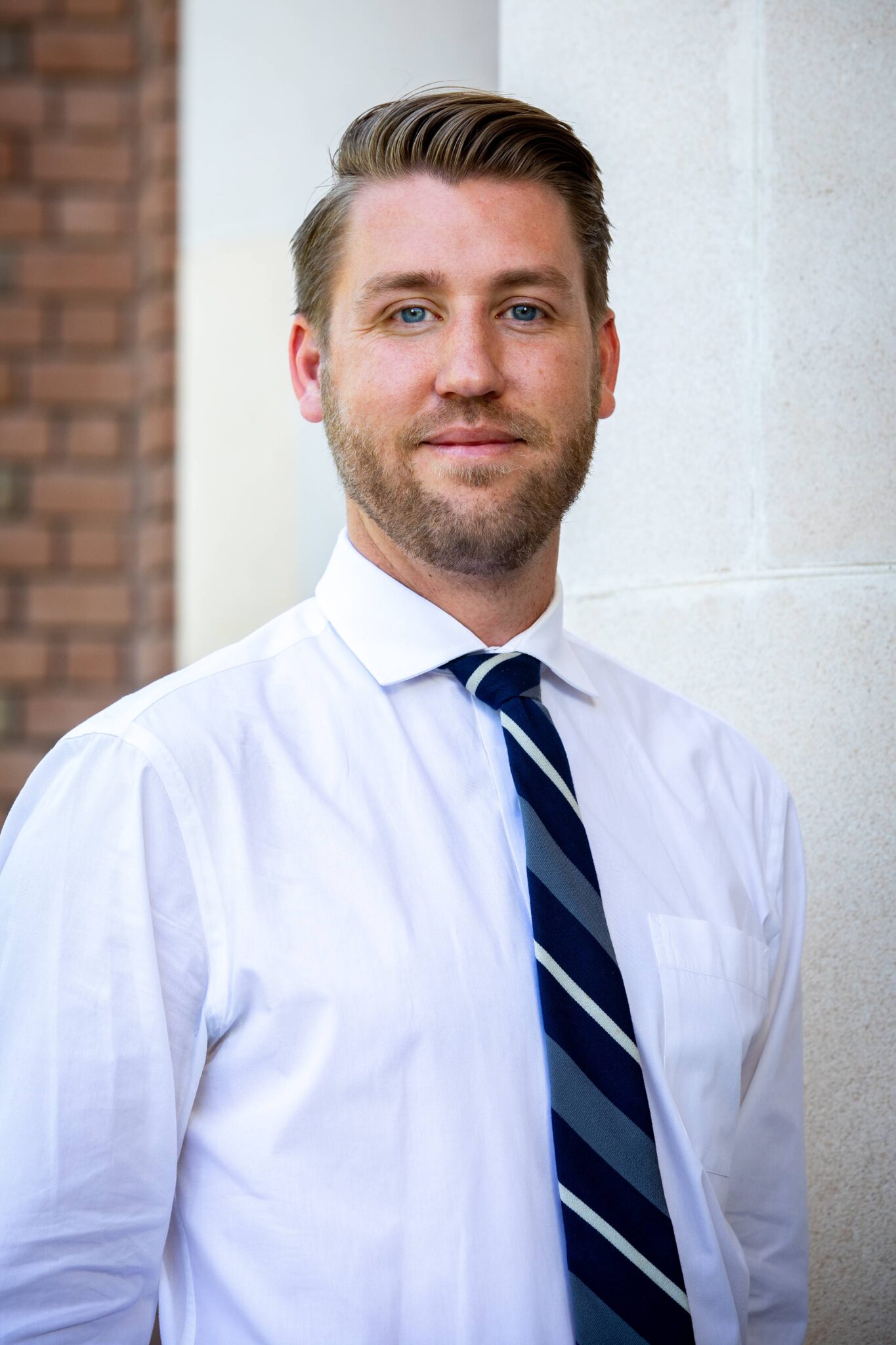I am immensely grateful to the World Cancer Research Fund for supporting this research proposal. Our project aims to demonstrate the effectiveness of acute exercise in enhancing allogeneic γδ T-cell therapies for treating multiple myeloma and to uncover the key mechanisms by which exercise improves the potency of γδ T-cell therapies, both with and without monoclonal antibodies. This proposal will hopefully lay the groundwork for a clinical trial that uses exercise-expanded γδ T-cells to improve survival outcomes for patients with relapsed and refractory multiple myeloma.– Dr Forrest Baker
Background
Physical activity has long been recognised as beneficial for overall health and it may also play a role in improving cancer treatment outcomes. Recent research has begun exploring how exercise can boost the body’s immune response to fight cancer cells more effectively. Multiple myeloma (MM) is a complex and aggressive blood cancer that affects almost 200,000 people worldwide. Despite advances in treatment, it remains a challenging disease to treat, especially when patients become resistant to existing therapies. This research proposal aims to harness the power exercise to enhance the function of γδ T-cells, a rare type of immune cell that can target and kill tumour cells including multiple myeloma cells. This concept is based on previous findings that show a single bout of exercise can mobilise and enhance the function of gamma-delta (γδ) T-cells in the body. These exercise-mobilised γδ T-cells can be collected and manufactured outside the body, after which they exhibit increased ability to recognise and destroy cancer cells.
Aims and objectives
We plan to address the several key aims throughout this proposal; (1) Evaluate the effects of exercise expanded γδ T-cells against MM both in laboratory settings and using mouse models, (2) Assess the ability of exercise-expanded γδ T-cells to enhance antibody-dependent cellular cytotoxicity (ADCC) against MM cells, (3) Investigate the molecular mechanisms behind the anti-myeloma effects of exercise-expanded γδ T-cells.
How it will be done
We will expand γδ T-cells from healthy donors immune cells collected before and during a 20-minute bout of cycling exercise, and also expand γδ T-cells from MM patients. We will then test the ability of the exercise expanded γδ T-cells perform against different ‘human’ MM cell lines (MM1.S MM1.R (resistant to steroids), U266, and ANBL6) and their ability to inhibit tumour growth in ‘humanised’ mice, with and without, clinically approved monoclonal antibodies (Daratumumab; Isatuximab; Elotuzumab) meant to enhance ADCC. Finally, we will analysing single cell gene expression patterns, surface protein profiles, and secretome (the array of proteins secreted by cells) of exercise expanded γδ T-cells to understand how these cells exert their anti-tumour effects. The research design incorporates cutting-edge techniques such as single-cell RNA sequencing (scRNAseq) and advanced imaging technologies to track the performance of these immune cells in real-time. ‘Humanised’ animal models will also be utilised to simulate the complex interactions between immune cells and cancer cells within the body.
Potential impact
Ultimately, by understanding how exercise can enhance γδ T-cells’ ability to target and destroy cancer cells, this research aims to pave the way for novel, more effective treatments for MM patients. The goal is to translate these findings into clinical applications that can improve outcomes and quality of life for individuals battling this challenging form of cancer.
